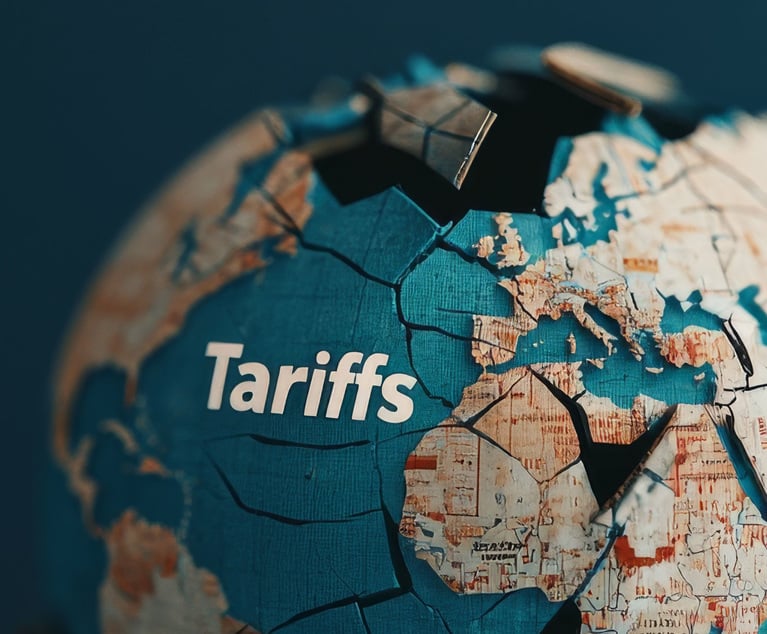WASHINGTON — States that place a moratorium on foreclosures cause foreclosures to drop but also cause lenders to leave the state, according to a report issued yesterday by an economist for the Federal Reserve in St. Louis.
"Foreclosure moratoria tend to encourage lenders to reduce the supply of loans and may lead to higher average interest rate for subsequent borrowers," Economist Dave Wheelock said in the 16-page report.
Wheelock pointed out that, although residential foreclosure rates are at their highest levels since the Great Depression, that the number of homeowners facing foreclosure is significantly less now than the 50% recorded during the Depression.
Recommended For You
Wheelock took a historical look at how states handled foreclosures during the 1930s.
He indicated that some states imposed different types of moratoriums to help both farmers and homeowners keep their properties. But the downside to such relief was that the reduction in foreclosures also accompanied a reduction in the supply of money for subsequent loans and subsequent borrowers sometimes paid more for credit.
According to MSNBC, President-elect Obama told Ohio supporters in October that he supports a 90-day freeze on foreclosures.
© 2025 ALM Global, LLC, All Rights Reserved. Request academic re-use from www.copyright.com. All other uses, submit a request to [email protected]. For more information visit Asset & Logo Licensing.







